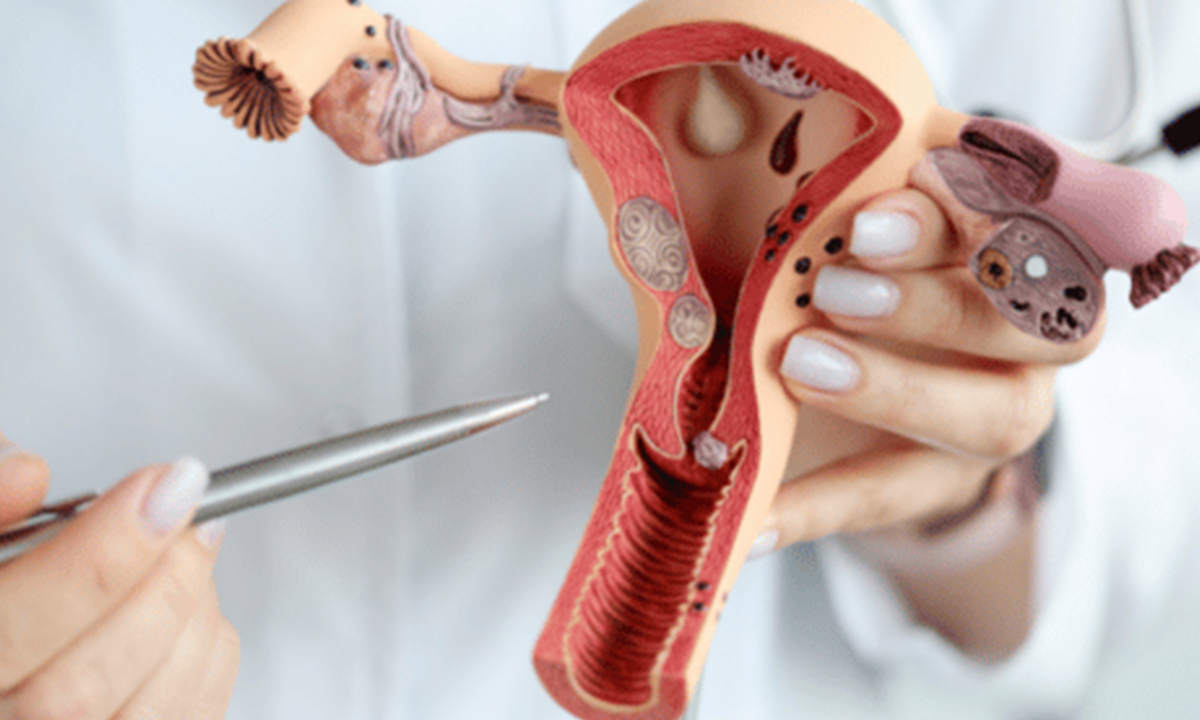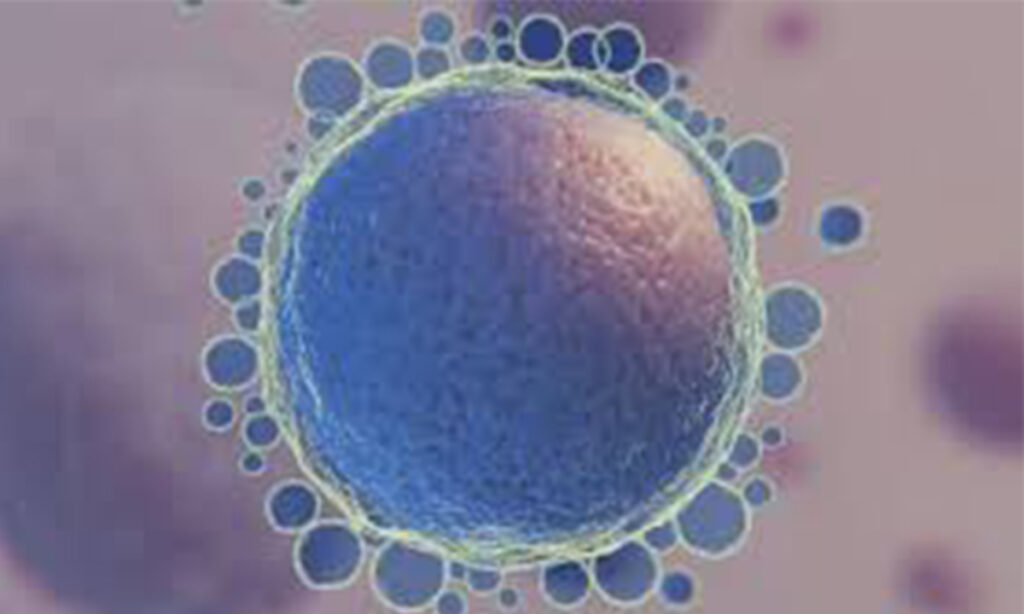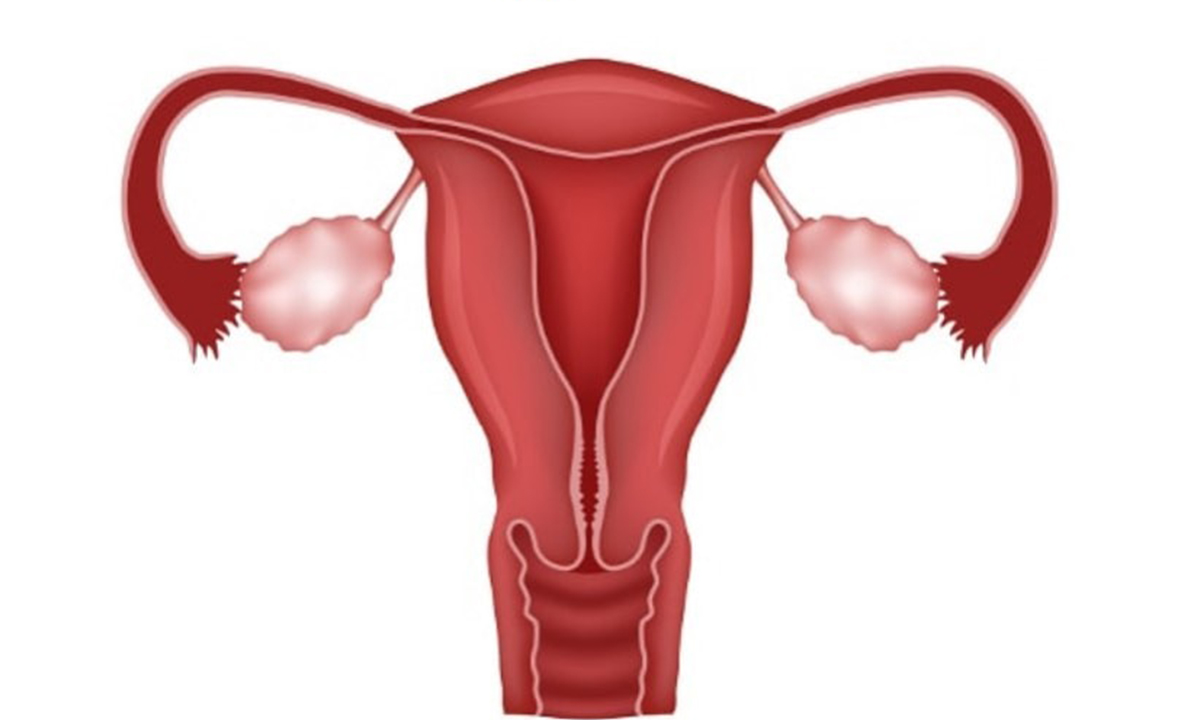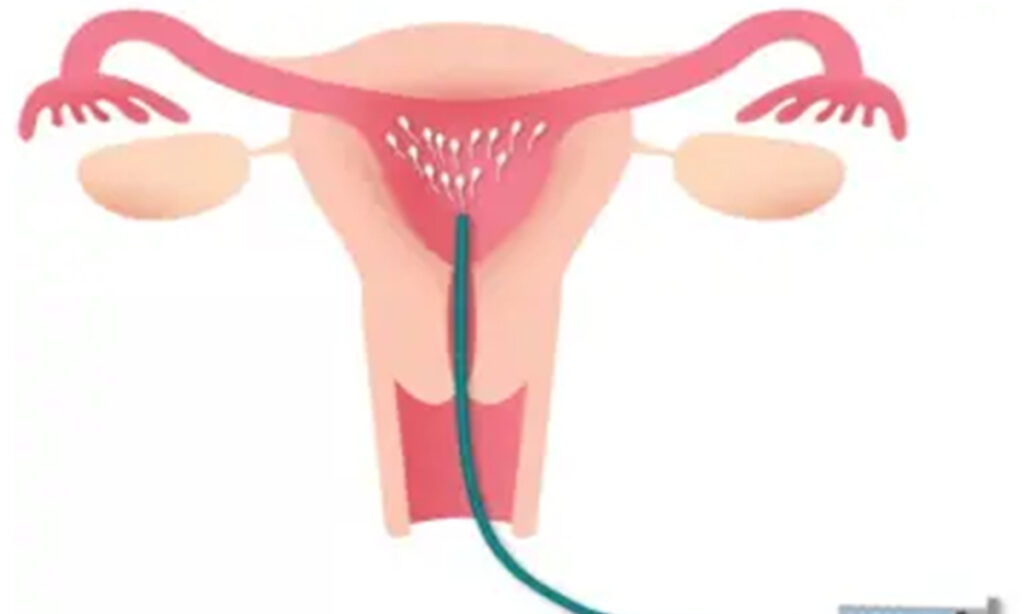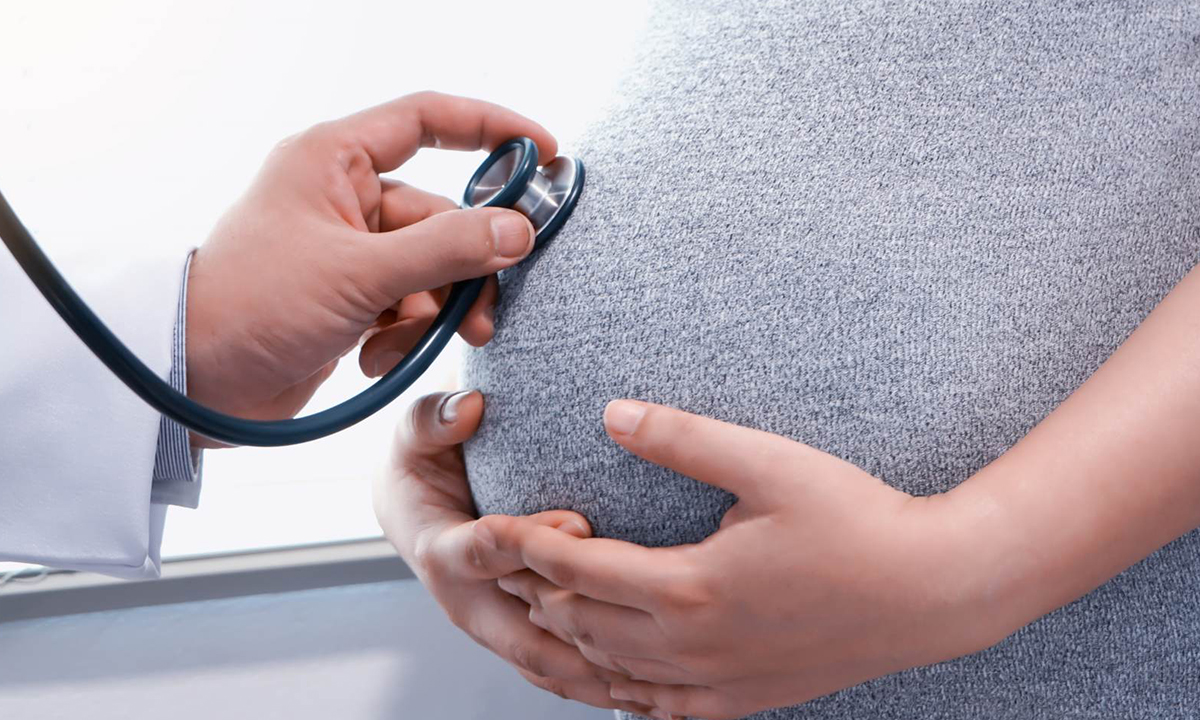Understanding Diminished Ovarian Reserve: Causes, Symptoms, and Treatment Options
Understanding Diminished Ovarian Reserve: Home Understanding Diminished Ovarian Reserve: Causes, Symptoms, and Treatment Options Fertility challenges can feel overwhelming, especially when terms like diminished ovarian reserve come into the picture. This condition is increasingly recognized among women trying to conceive, both in their 20s and 30s. But with advanced medical

